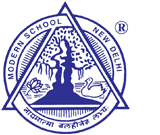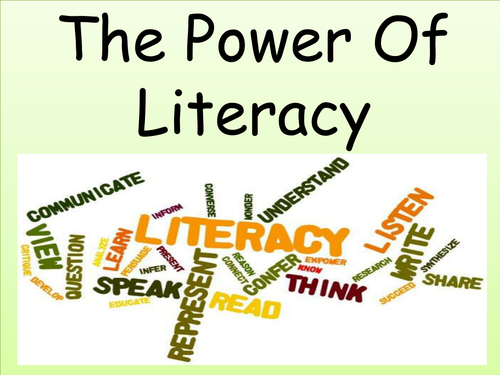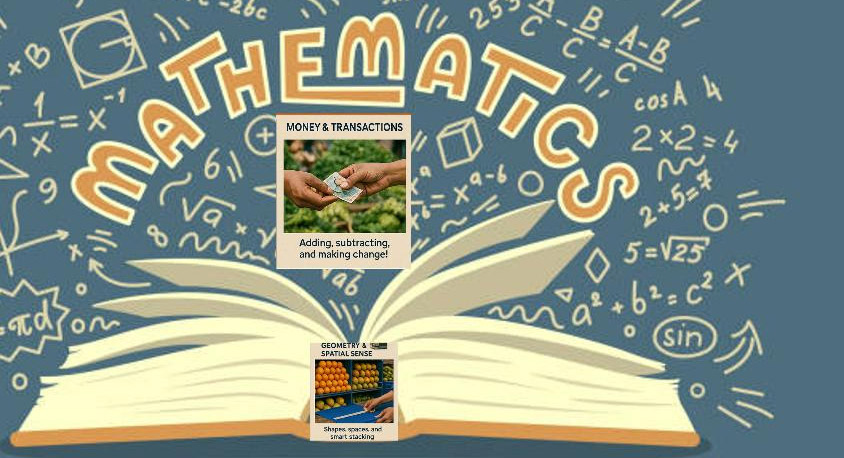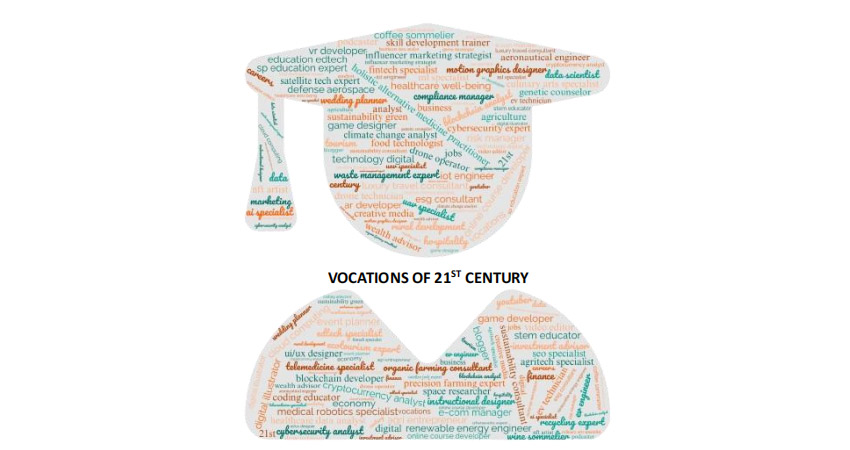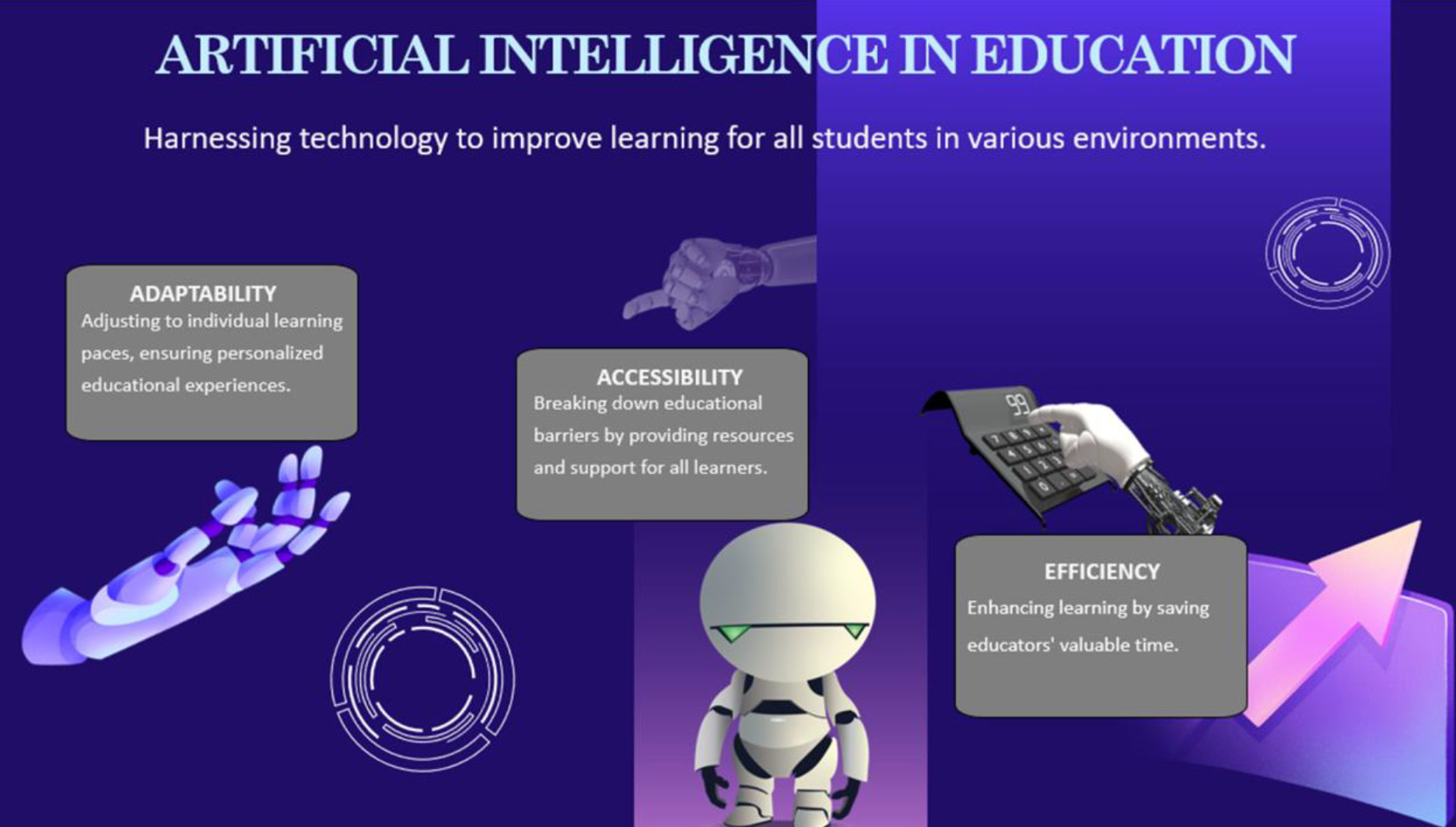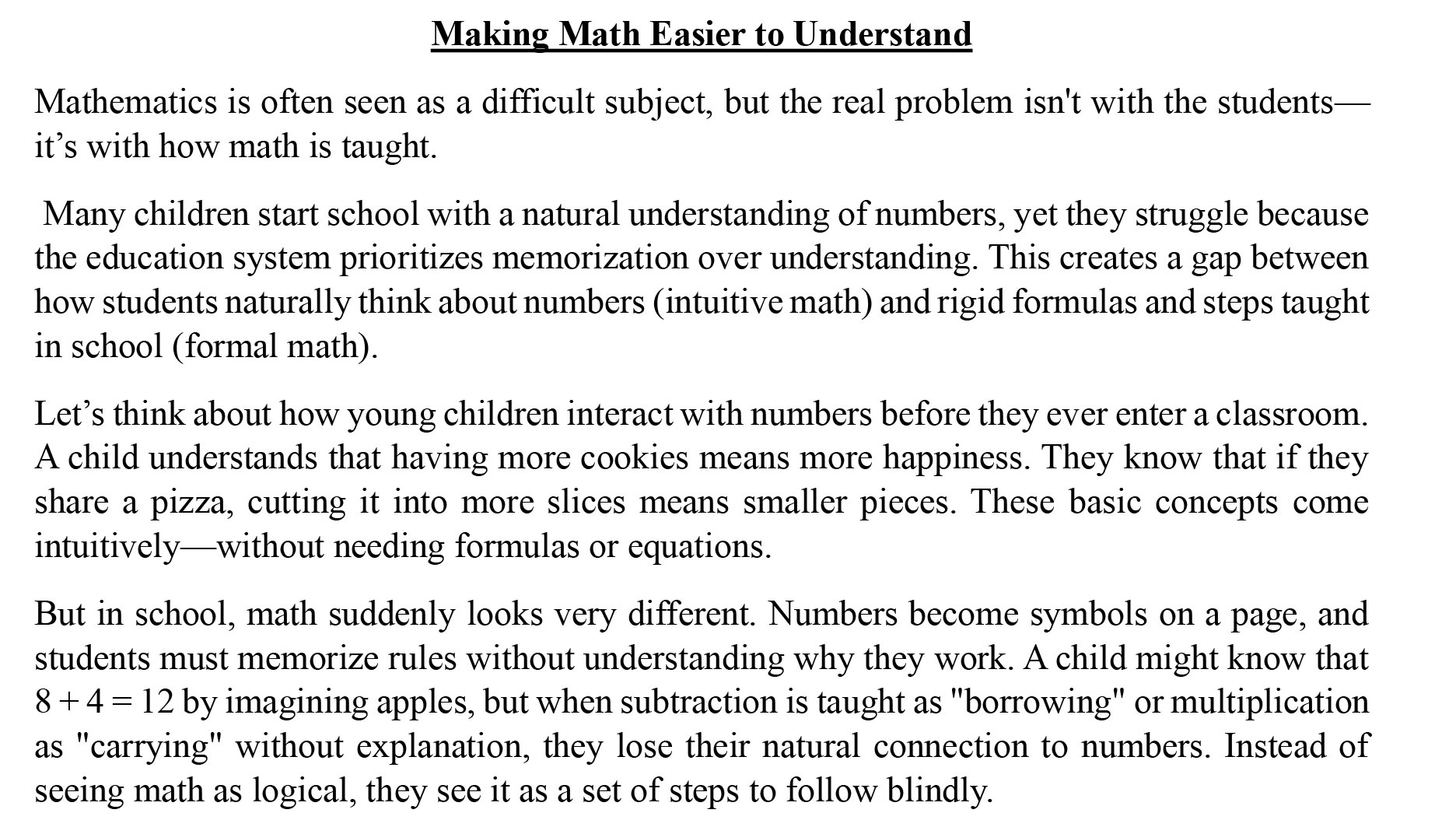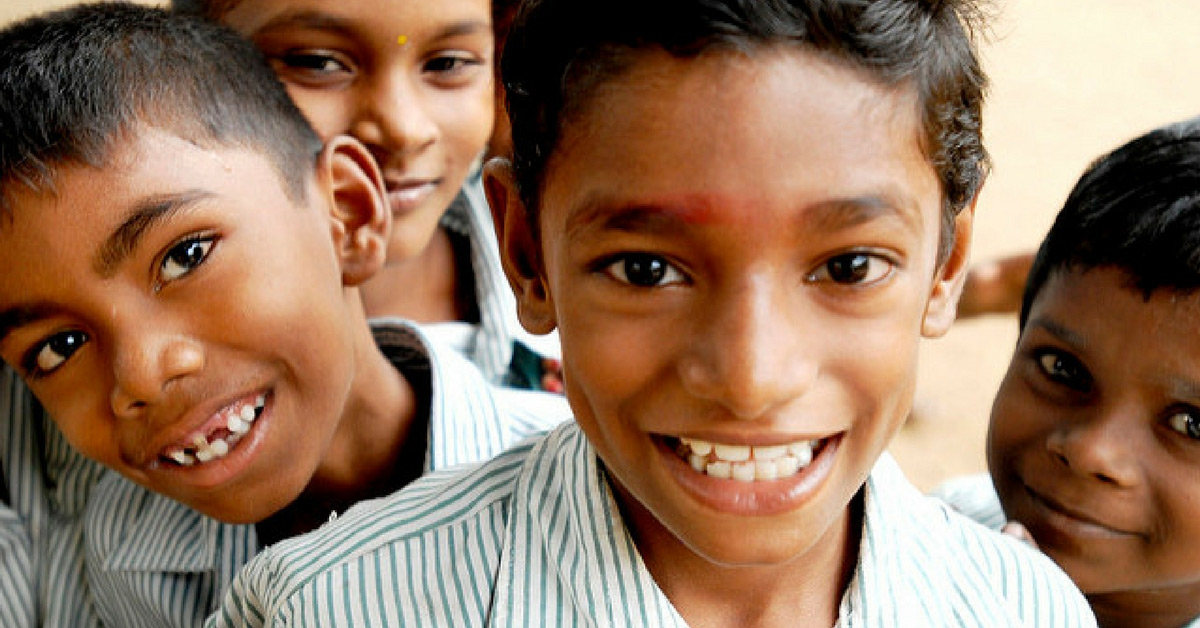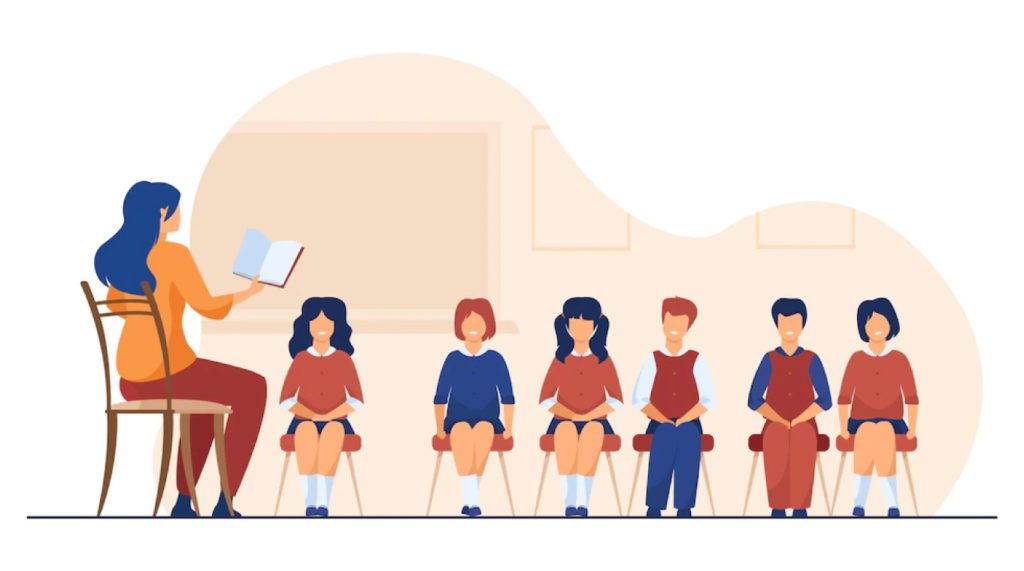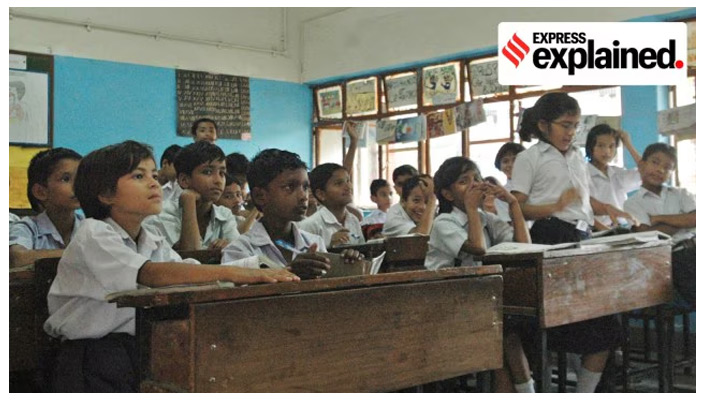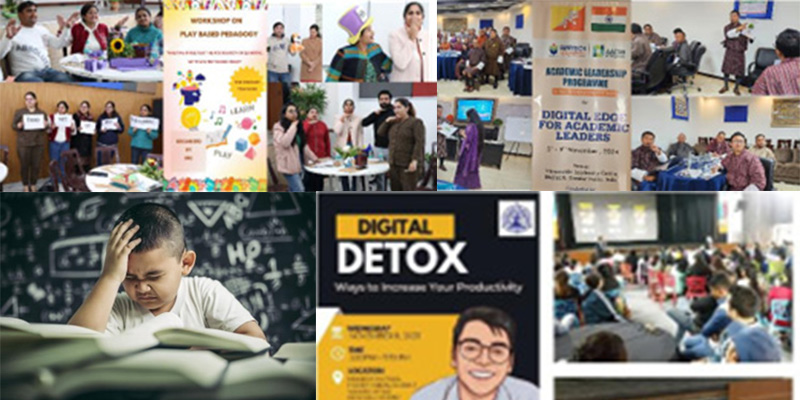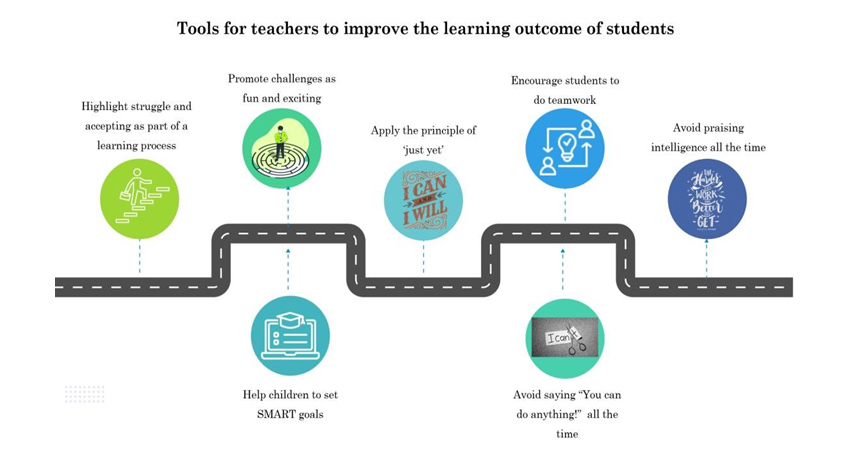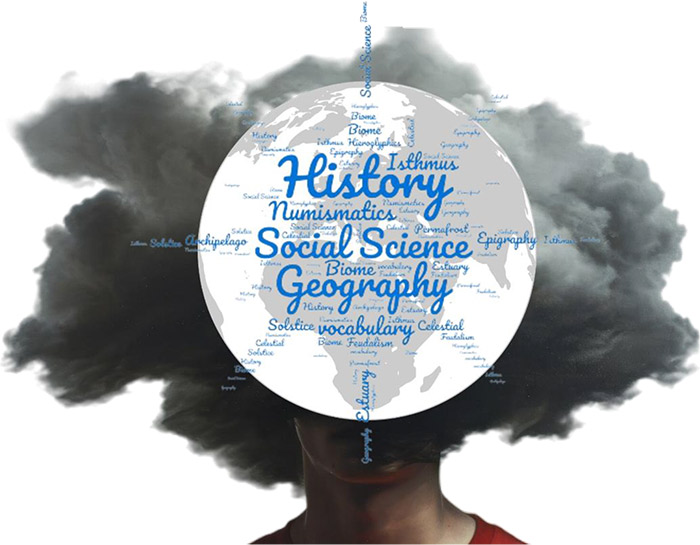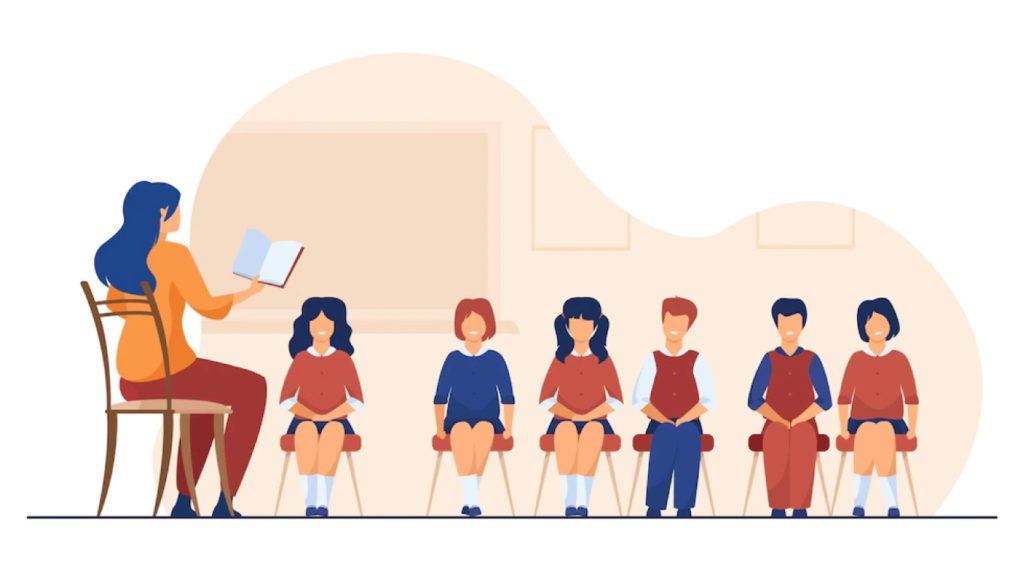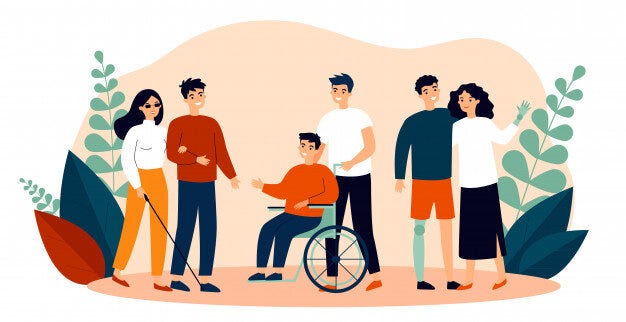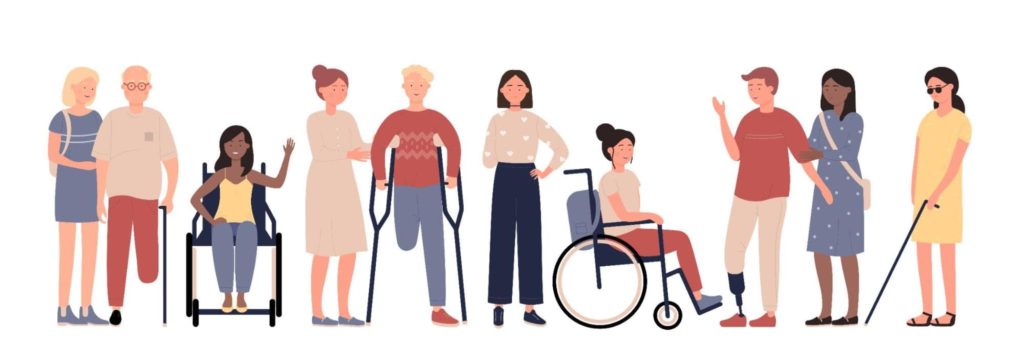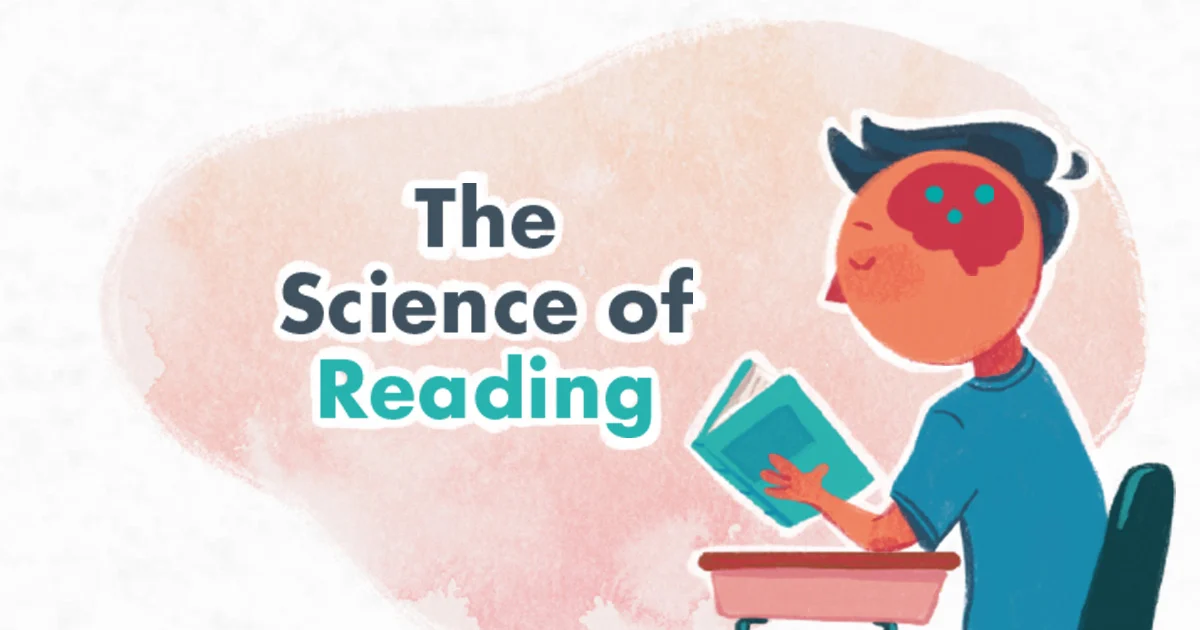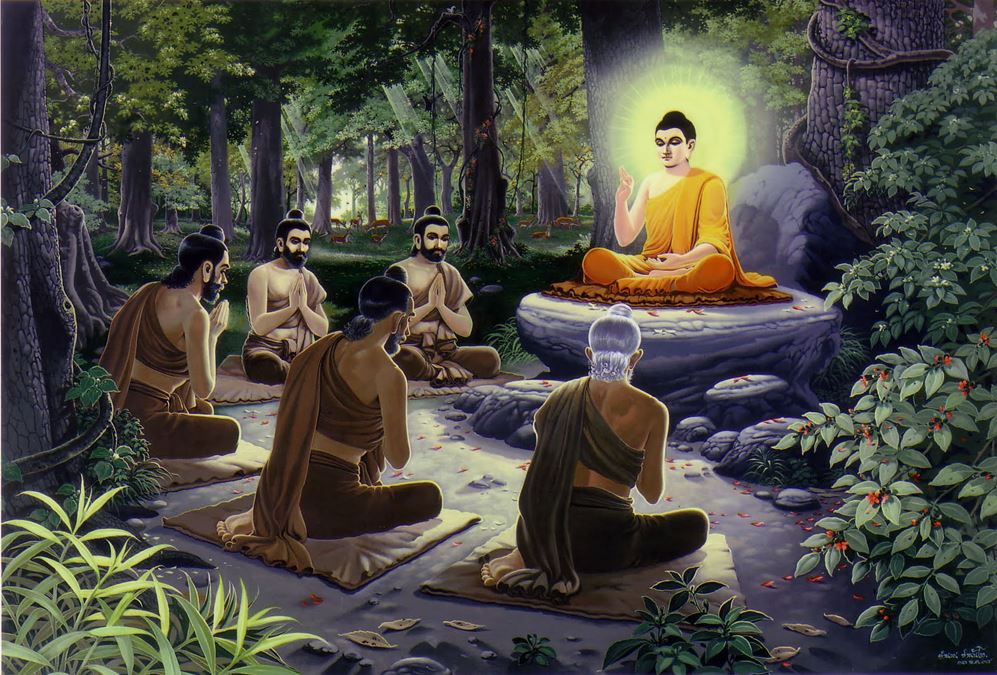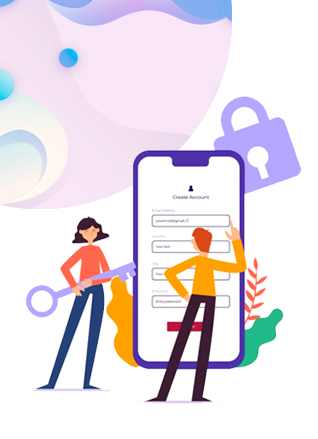The modern world is full of print and text material. The advent of technology has made it more omnipresent. No matter how hard we try, we cannot avoid reading. However, can we claim that it is the same for everyone around the world? Are people able to decode the text they encounter in their daily lives? Do they identify labels to run errands or daily chores or do they read the name tags and printed text of the things they buy or shops they identify? Why literacy is considered crucial for human progress and development which is a recent addition to human culture and civilization? What is meant by literacy? Is it the ability to read, write, and count, or more than that? Let us try to understand a little bit about it.
Though the language has been an integral part of human civilizations for thousands of years, the omnipresence of print material began after the Guttenberg revolution and the invention of the printing press. To ease the work of printers, it forced people to standardize the alphabet and literacy system. Print became the cornerstone of knowledge revolutionizing the way of living for human civilisation. Henceforth, literacy became the norm for development and progress. The more literate the society became, the more progress it made. Literacy became the cornerstone of human progress and development.
Hence, the World over we have made momentous progress in achieving literacy for all. However, according to UNESCO, it will take another 30 years to achieve universal literacy. For a just, equitable, and inclusive society literacy is the most important skill to achieve. It is to be noted here that literacy connotes more than the ability to read, write, and count. Rather it denotes the ability to understand oneself as well as the surroundings and the decision-making process incorporating critical thinking and analysing skills. It empowers people to read, analyze, make real-life connections, and make decisions accordingly. No wonder, a literate society makes progress by leaps and bounds.
However, not all societies and nations are equally literate. In an attempt to underscore the importance of literacy, in 1966 UNESCO declared 8th September as International Literacy Day. The aim is to create awareness regarding the importance of literacy among the masses. It also aims to promote the importance of literacy for individuals, societies, and communities at large. Disseminating information regarding challenges in achieving universal and global literacy, the means to eradicate those challenges, and coming up with new innovative ideas are other facets of celebrating International Literacy Day. Every year UNESCO decides on a specific theme to celebrate International Literacy Day. So, the theme of this year’s International Literacy Day is, “Promoting Literacy for a World in Transition: Building the Foundation for Sustainable and Peaceful Societies”.
As the theme suggests, literacy is the ability that empowers individuals to gain knowledge, comprehend it, and express themselves whether orally or in writing. This ability opens up numerous opportunities in the form of education, employment, and the ability to continue the process of learning throughout their lives. It enables people to make informed decisions regarding their education, health, and personal well-being and not to forget financial 7 decisions. In addition to decisions regarding self, literacy also enables people to be inclusive, to understand and perform their rights and duties, and to respect others. For economic progress, society needs people with sound individual development situated in an inclusive society, a feat truly achieved through literacy. The rate of economic progress of a society is closely intertwined with the rate of its literacy.
The development of individuals and society at large not only depends upon the progress it makes in the present but also depends upon how successful it is in creating its own identity by preserving its culture and taking it forward to the next generation. Here also literacy plays a crucial role. To know, to preserve, to document, and to hand it over to the next generation, all these are possible only if the society is literate and is capable enough to read, write, and document these with the right perspectives and again they have to be literate for the same. As has already been mentioned, universal global literacy is yet to be achieved. The main barriers are poverty, language barriers such as ours, where we face the challenge of multilingualism, natural disasters, conflict, and displacements like in Somalia or terror-ridden regions of Chhattisgarh for that matter, gender disparities where a male child is given importance over the female child, etc.
To combat these issues government and international agencies such as UNICEF, World Bank, UNESCO, etc. have undertaken numerous measures. At the national level, the most recent measure is NIPUN Bharat Abhiyaan which aims at achieving Foundational Literacy and Numeracy till grade 3 by the year 2026-27. At the international level, various programs are running across the Globe to promote the culture of reading. International Literacy Day reminds us of the power of literacy. It’s a day to take a vow to provide opportunities for individuals to gain the fundamental skills of literacy so that they can achieve the optimum level of personal growth and can contribute to the progress and development of their society.
